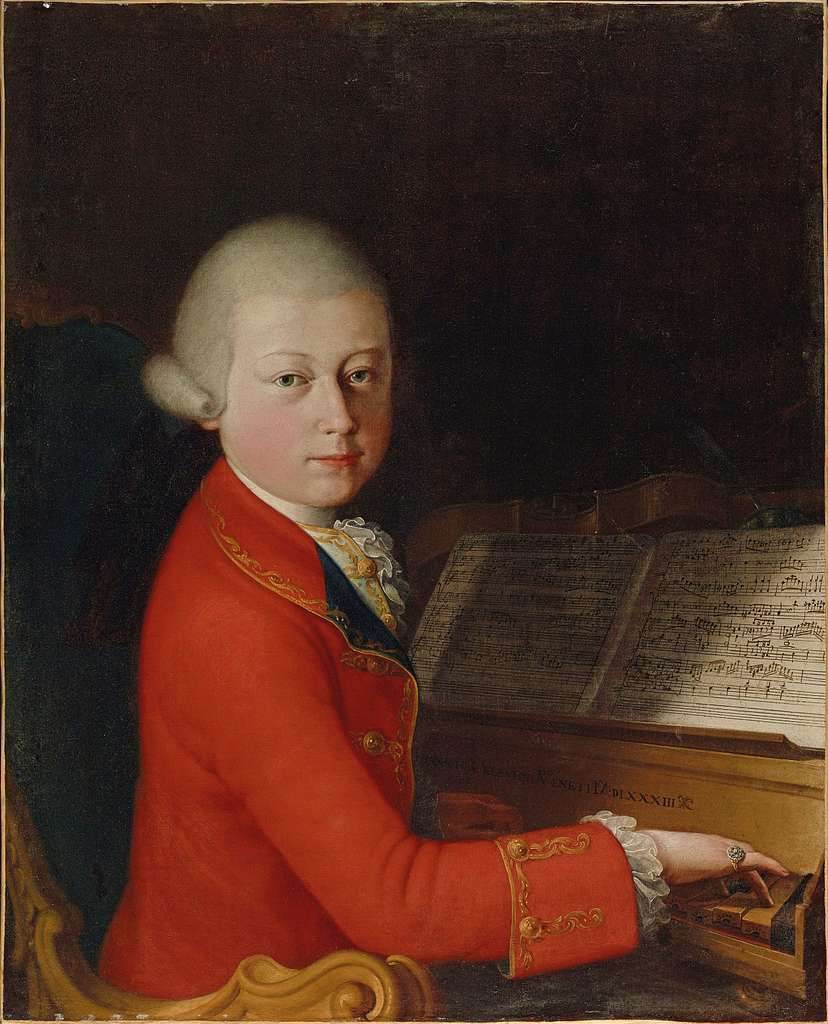Echos of Auschwitz
- arniebieber

- Jan 30, 2024
- 3 min read

An orchestral performance by inmates at Auschwitz
This past Saturday, January 27th, the anniversary of the liberation of the Nazi concentration camps Auschwitz-Birkenau, is designated by the United Nations General Assembly as International Holocaust Remembrance Day. It is "a time to remember the six million Jewish victims of the Holocaust and the millions of other victims of Nazi persecution."
This day also happens to occur one day before my birthday-- not that I need to be reminded of the horrors that happened. For as long as I can remember, my mother Elaine (Itu) Bieber, an Auschwitz survivor, never shied away from relating her story of unimaginable pain, loss and survival to her children, grandchildren and great grandchildren. The short version of the story is that Itu and her sisters miraculously survived the camps, while her mother, my grandmother, Rivkah, and many others in the family weren't so lucky.

Elaine Bieber
This evening, I happened to be watching The PBS News Hour and as usual, near the end of the broadcast, they presented a segment they dedicate to the arts, called Canvas. Monday's episode was entitled Minneapolis chamber group performs music written by Polish prisoners at Auschwitz. The piece presented some unearthed music that was composed and performed at Auschwitz by prisoners for the perverse pleasure of their Nazi oppressors.
While much of the music was beautiful and haunting, some of the compositions resembled "charming cafe music," with titles like Dreaming of Tahiti or even more ironic and surreal, The Most Beautiful Time of Life. These compositions might have been considered "banal," "until you realize that it was arranged by members of the orchestra at Auschwitz, performed by prisoners for the entertainment of Nazi S.S. guards at the camp, guards apparently briefly setting aside their loathing of the prisoner musicians."

A page from one of the handwritten copies of “Die schönste Zeit des Lebens." (The Most Beautiful Time of Life)
“Die schönste Zeit des Lebens." (The Most Beautiful Time of Life)
To me, as someone who loves listening to and playing music and who taught it for many years in schools, this music, like sorrowful echoes from the past, is a living memorial to the great dignity of those who endured such enormous indignity. Even under the most barbaric circumstances, many of these heroic souls were able to not only survive, but to rise above it all, however briefly and hold onto their humanity in the face of such horrific inhumanity.
Minneapolis chamber group performs music written by Polish prisoners at Auschwitz
My mother, Itu Bieber, who taught us never to forget, and so much more, passed away two years ago at the age of 97. She loved music and had a great passion for the beauty of life, a love that we have also treasured and instilled in our children.
As the light of the Holocaust generation fades, we honor their memory, all that survived and all those that perished. It is up to us all to keep their stories alive, and teach future generations to remember the lessons of that time. Sadly, even today, in spite of great progress, we see that man's capacity for extraordinary evil and brutality still exists.
Below I post a video of my beloved mother, my greatest teacher, recalling her story in 2010 to high school students at the International School of Prague where I was Director for 13 years until 2021.
Elaine (Itu) Bieber speaking at the International School of Prague in 2010
As a postscript to the above, I will mention an irony of this sad anniversary, that Mozart was also born on this day, January 27th in 1756. Perhaps this is a gentle and hopeful reminder of the great beauty and creativity that mankind is also capable of.

Portrait of Wolfgang Amadeus Mozart at the age of 13 in Verona, 1770





Arnie, I had no idea that your mother was a holocaust survivor. What an incredible women and I soured that she kept her story alive with family and the students at ISP,
Moving and thought provoking. Thank you!
Really beautiful, Arnie I loved the music. Thank you. Jx